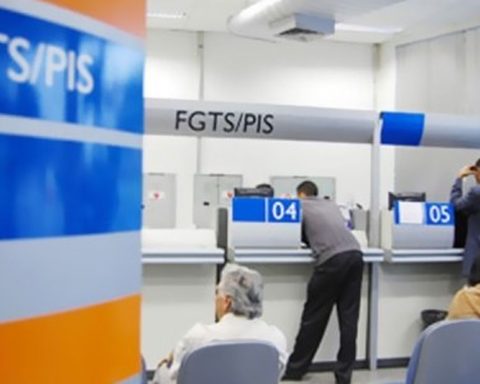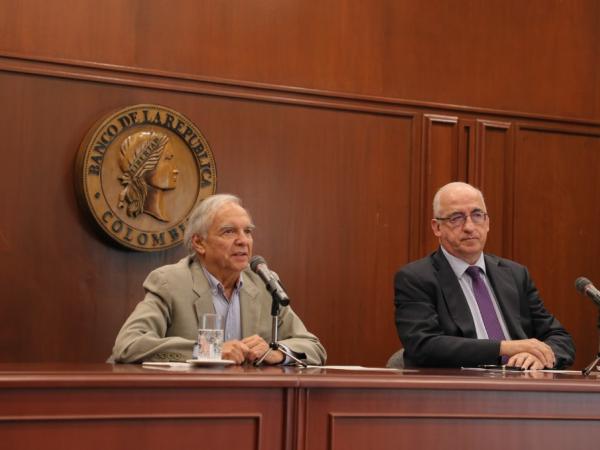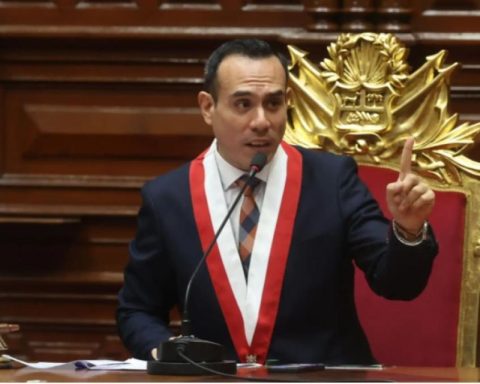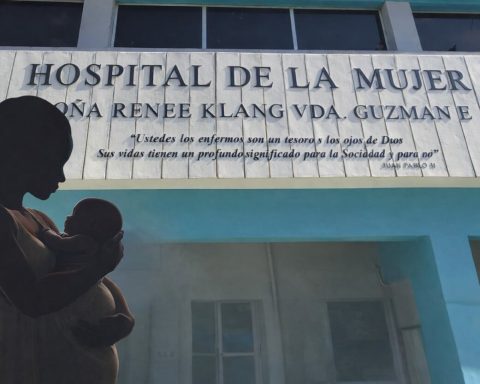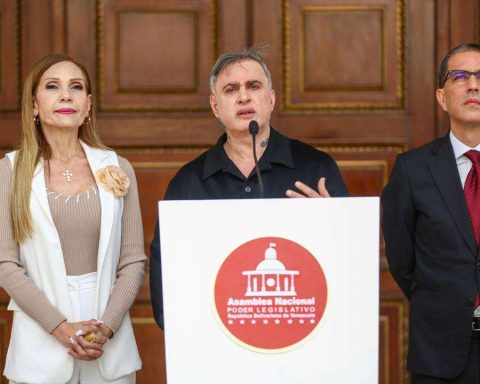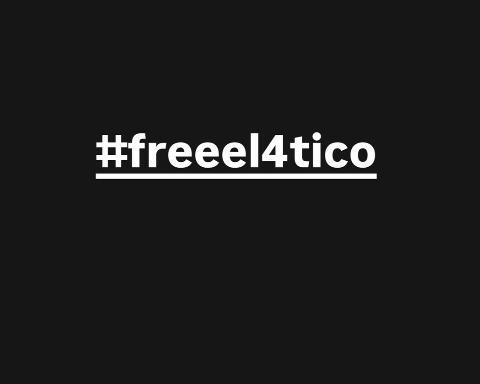The transition process between administrations in the Executive Branch after elections is still poorly structured in the country, being marked by the lack of a clear standard and a sequence of rites and protocols capable of making the adaptation of new administrations faster and more efficient. A seminar, promoted in partnership between Fundação Getulio Vargas (FGV) and Insper (Institute of Education and Research), discussed the transition specifically in municipal governments and sought to integrate the perspective of studies on the topic with that of public managers.
The event featured the presentation of the Municipal Transition Manual, launched on the 10th by the Ministry of Planning and Budget (MPO). The publication seeks to guide mayors who will begin their management on the main elements to guarantee “the continuity of basic services, in addition to strengthening the sense of responsibility towards public administration and greater rationality in decision-making, making the results of agents’ actions more efficient public”, according to a note from the MPO. On the occasion, the representative of the ministry informed that exclusive versions on health and education will be compiled, already in the ministry’s plans.
The meeting was conceived during the first semester of this year, according to Luís Paulo Bresciani, professor and vice-coordinator of the Professional Master’s Program in Management and Public Policies at FGV’s School of Public Administration, due to the need to improve this moment in the management of cities. Generally, there are few municipalities with legislation aimed at these changes or with clear transition protocols. Bresciani considers this to be a well-structured issue at the federal level, since the transition between the administrations of Fernando Henrique Cardoso and Lula, in 2002, and occurs in some states such as Pernambuco, but in most municipalities there is neither institutionalization nor structuring. .
In addition to being a recent process in our institutions, it is localized, occurring every four years for municipalities, which even makes the production of academic knowledge difficult, but it is very important, including in re-elections or the continuity of a political group, when some Recompositions can alter key figures in the top tier of the Executive, with an impact on the continuity of public policies, whether for their extinction or renewal. “In any case, there is some change in terms of the composition of the first level, of the main banners, and this influences important processes such as the construction of the multi-annual plan, which the mayor will have to submit in the first year. It is also important to guarantee continuity of basic services, such as health, social assistance, education, garbage collection, supply, public transport, water supply, etc., which must continue right after the turn of the year”, highlights Bresciani.
Below are some excerpts from the professor’s interview with Brazil Agency:
Brazil Agency: in cases of transition with rupture or change of command, what should be the first item of attention for those who will start managing the city?
Luís Paulo Bresciani: basic services, especially those linked to basic sanitation. Although many municipalities have this service through agreements, it is important that the manager takes ownership of this process, as he is responsible for it, especially in relation to garbage collection, which is a municipal responsibility.
Also other services, such as the opening of the next academic year, the continuity of health and social assistance units, in addition to the conservation of parks and green areas. All of these are services that are not only visible but also sensitive to the population. Secondly, understand the composition of the teams, who the key technicians are and where there should be recomposition in the new management. Then, become aware of agreements and partnerships, such as intermunicipal consortia and agreements with states and the federal government. These are the critical points. When it is not a rupture, and I believe that then we can move on to the next question, you already know what the government is, you already know the machine, its critical and positive points and you already have in mind what you want to change. It is a situation in which the possibility of surprises is lower, in which it is essential to understand the new policies and programs of a government that has been re-elected and will continue some policies, but which also needs to innovate. For these governments, it is important to understand the consistency of new policies and establish their results quickly, including when new political alliances determine recompositions, which need to be well delineated. There is a risk of a loss of effectiveness in relation to ongoing policies.
Brazil Agency: and how important is a good relationship between mayors and control bodies in this process?
Bresciani: It’s very important. In addition to the relationship with the audit courts, the information available both in the state and federal audit courts, as well as that information available on the Transparency portals, where there is a lot of unmanageable information that needs to be understood by new managers, There is a whole process of passing on this information, which is complex and requires the participation of municipal controllers and other municipal control bodies in order for them to be efficient. This participation and exchange of substantive information is fundamental for the teams that will take over.
Brazil Agency: And can we say that this process is already mature in the country?
Bresciani: In general, transition processes are quite restricted. In the state of São Paulo, around 18% of municipalities already have a more structured transition practice, but this is still a very punctual and sporadic process, as was said at some tables at the seminar. There is no national survey, but the estimate is that the numbers are even lower in the country as a whole. There are no well-structured municipal transition processes, as a rule, and it is always dependent on a pact between the outgoing and incoming mayors. It is often the case that these mayors, both those who leave office and those who take office, are not willing to undertake an agreed transition process, with an exchange of information, free information and a commission responsible for this. We may have, for example, a good transition now, in 2024, in some cities, but this may not have occurred in 2020 or may not occur again in 2028, as it depends on these two actors in most cities in the country. That [a construção desses processos] It is important to create a culture of transition over the next few years and alternations.
Brazil Agency: How does this fit in with the discussion about ending re-election, which is being resumed?
Bresciani: We haven’t discussed this issue much yet, and I am personally against it, but regardless of this, whether or not this possibility is maintained, you will still, in general, have continuity candidates and continue to have two processes. One almost natural, which still needs to be agreed upon, with rules, and another with rupture, where we normally have tumultuous transitions, where the new ruler arrives and, for example, some systems are erased. It is a narrative that appears frequently, it is less frequent than it appears to be, but we do not have a measurement. To avoid this, it is necessary to have a structured, protocolized process that includes control and transition bodies. This is also, or should be, in the interest of mayors, due to the responsibility for what goes wrong.
Brazil Agency: In relation to this interest on the part of mayors, can we say that we have a system that has already been naturalized?
Bresciani: We have a well-established control and accountability process. Of course, there may be flaws in this process, but, in general, we have well-structured management, validation and control processes. There may also be, at times, some excesses, when [a burocracia] leads to a dysfunctional process, but we can say that we have a very reasonable structuring of control bodies. Now, from the point of view of the new mayors, it is important that they know and be clear, not only about their roles, but also about the relationship between the control bodies and their municipality, even to clarify issues, as some audit courts have a practice of dialogue and guidance, in addition to control and pointing.
Brazil Agency: Is this culture of control uniform across the country today?
Bresciani: I don’t think so. Of course, we have different institutional histories in the states today, as the relationship is with state bodies and there are specificities.
Brazil Agency: and when should these processes begin?
Bresciani: they may arise not as a determination, from the top down, but from those interested in taking over the municipal government, that is, the rulers who take office on January 1st, who could already think about how these processes begin with a design clearer, in each municipality, even before the election is finalized. It is also important to become better acquainted with already established good practices. This greater institutional reach is more viable, as is its regulation, in large cities. It is also important that this process is known, structured and conducted in a republican way, as it should be.
Brazil Agency: Is this process simpler for large municipalities, due to their more complex structures, than for small ones, even if they also have simpler management?
Bresciani: in theory yes, as they have good machines, good technical staff and good structuring. This is due to the institutional capabilities that these larger municipalities already have and can make available to these projects. Now, in small municipalities, nothing prevents them from also being virtuous in this matter, and this is where the training of municipalities, managers and especially career civil servants comes in, who will stay from one government to another and are important in this process. At that time [do ano] where we arrived, after the election, we have, for example, the participation of party foundations that are training these new managers. Universities and municipal associations could also participate in these processes. If we want to make a good transition to 2028 we have to prepare the teams well in advance. Today, large municipalities and states have more favorable conditions for these processes. Now, it is not a good process in itself, its purpose is to ensure that the manager who takes over creates a good government from the beginning, meeting and responding to the demands of the population.
Brazil Agency: The seminar presented some support elements for these managers. When do they start to have an impact? Can they be considered during the application phase, such as when creating a government plan?
Bresciani: within the issue of training, and focused on training manuals, booklets and guides, we had the booklet from the ministry (of Planning and Budget) for transition for municipal governments. Today, professor Maria do Carmo Meirelles, from Unicid [Universidade Cidade de São Paulo]and professor Fernando Coelho, from USP, showed their research and the material they produced in 2020 [para apoio a pequenos e médios municípios paulistas] on the topic. The existence of materials of this type is important as it allows teams, candidates and eventual teams to inform themselves well in advance, including supporting the construction of government programs based on a more detailed study of the existing situation. Yes, it may have a role in building more robust and qualified programs, but we are looking mainly at the role of these instruments in transitions.
*Change in title at 3pm. The information initially published – that transition regulation occurs in 1 in every 5 Brazilian municipalities – referred only to the state of São Paulo.


